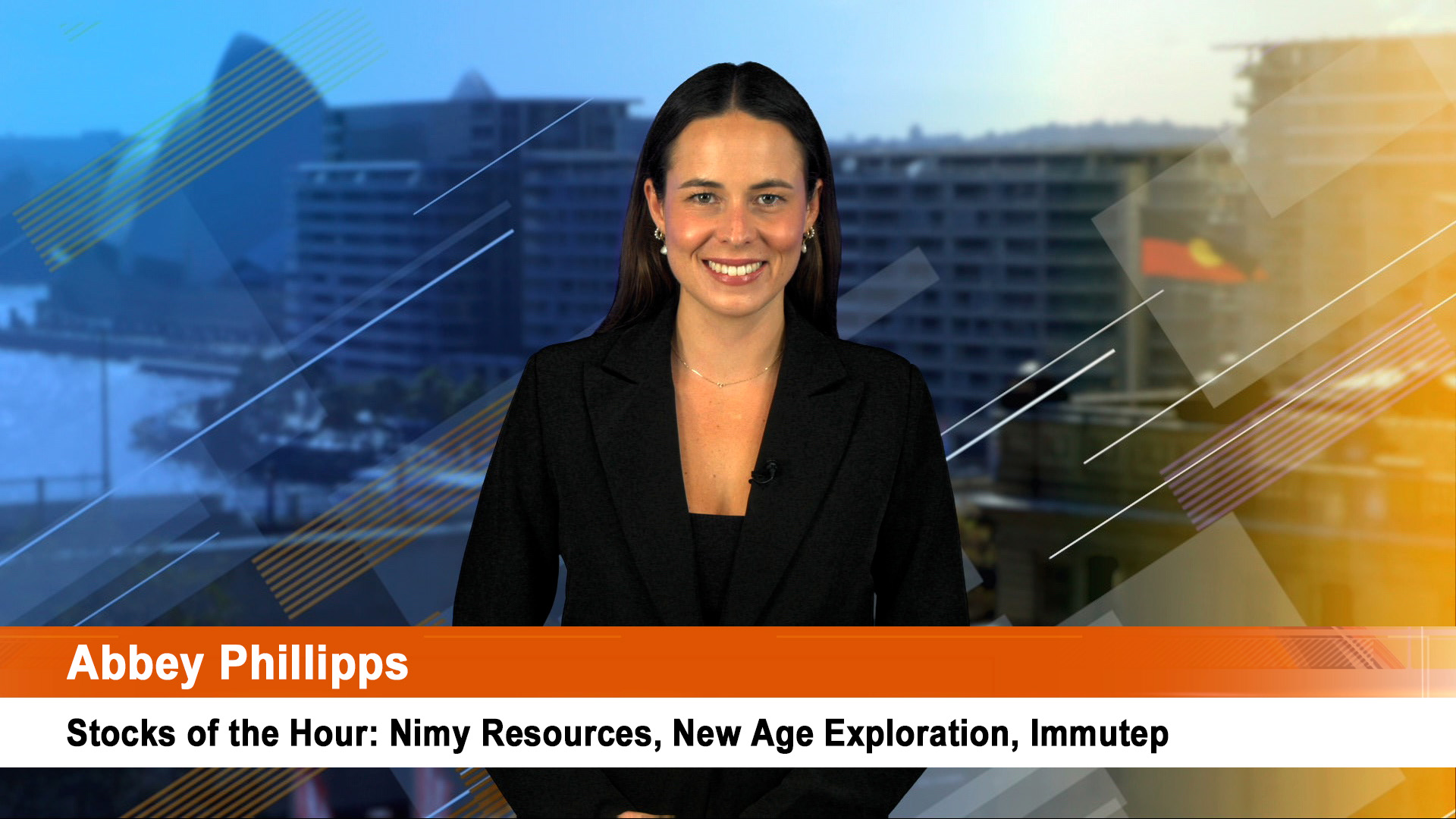Medical technology group HeraMED Limited (ASX:HMD) has gone from strength to strength since listing on the ASX in December 2018.
Not only has it excelled in the area of product development and distribution, but it has forged alliances with high profile medical institutions.
This includes a collaborative agreement with Mayo Clinic to co-develop a new platform based on the clinic’s successful OB Nest Project, a service model designed in collaboration with Mayo Clinic Department of Obstetrics and Gynaecology, and the Centre for The Science of Health Care Delivery.
The Mayo Clinic is an American non-profit academic medical centre ranked No 1 hospital in the world three years in a row by US news and world reports.
The clinic has been established for more than 150 years, and employs more than 4500 physicians and scientists along with 54,000 allied health staff across 19 hospitals in five US states.
HeraMED’s ability to establish a credible relationship with such a prominent healthcare institution in a short period of time is an outstanding achievement.
Practical applications behind the technology
Importantly, some of the basic concepts underpinning HeraMED’s new medical devices have already been embraced in other industries, in particular the monitoring and communication of critical data from remote sites that provide the user with a convenient and time effective alternative to manage particular tasks without face-to-face consultation.
A good example is home security where devices such as movement monitors that can intuitively determine when there is a deviation from normal activities can be operated in a similar manner.
These are linked to remotely located carers who are alerted when such deviations occur, allowing for a quick response to address what may be a medical problem with the homeowner or perhaps a security breach.
Software Solutions mobile developer Nile Lars recently wrote an article in wired.com which discussed the applications of connected medical devices and apps, questioning whether they are leading the IoT revolution or vice versa.
In part, he said, ‘’Wearable devices and home health monitoring devices assisting patients is a common thing now.
‘’Chatty medical devices are extremely appealing for patients of any age range.
‘’The devices are capable enough to transmit vital sign data from a patient’s home to the hospital staff.
‘’It allows them to have a real time monitoring of patient’s health.
‘’These devices use wirelessly connected glucometers, scales, heart rate and blood pressure monitors.
‘’Devices helping in monitoring real time ICU procedure are indeed a big part of IoT.
‘’There are devices for wireless ultrasound monitoring and remote vital sign monitoring from a hospital environment.’’
Industry data suggests HeraMED is targeting a lucrative market
The digital healthcare market is predicted to reach US$423.1 billion by 2024.
The AI healthcare market is set to jump to US36.1 billion by 2025.
Aligning this information with consumer habits, global research house McKinsey & Company recently reported that 70% of consumers prefer to use a digital solution to monitor their health metrics at home.
These markets are being pushed higher by new entrants, including Google, which as part of its reorganisation into healthcare, is absorbing DeepMind Health, a part of its London-based AI lab DeepMind.
Google is moving quickly in this space, and its recent partnership with the world renowned Mayo Clinic is set to redefine how health care is delivered.
So too, is Mayo’s relationship with HeraMED.
Developing devices and building bridges
HeraMED’s flagship product is HeraBEAT, and while it was brought to market in 2018, it could be argued that 2019 was the watershed year for the device based on the number of distribution deals and collaborative agreements that have been struck.
HeraBEAT is a medical grade foetal heart rate monitor, with patent pending technology and a unique user interface.
The device offers several advantages, including a portable Ultrasound Doppler device that makes it reliable, safe to use and proven, whilst amplifying its accuracy and efficiency.
“HeraBEAT was designed from scratch to be as reliable and as accurate as Phillips’ or GE’s professional monitors,” Groberman says.
“The difference is that these other devices can only be operated by a physician or a midwife in the hospital and cost somewhere between $5000 to $10,000 US dollars.”
Multiple clinical trials conducted by different healthcare professionals and industry leaders across the globe, have proven that HeraBEAT works.
The collaboration between HeraMED and Mayo Clinic has also resulted in the development of HeraCARE, a cloud-based SaaS pregnancy monitoring platform based on the Mayo Clinic’s successful OB Nest platform – the standard of care in the prenatal field, reducing the costs of care and improving patient satisfaction.
Once operational HeraCARE will deploy AI powered algorithms and a combination of a digital platform and smart connected devices to assist expecting mothers as well as healthcare professionals in better managing pregnancy care, with a focus on personalised, continuous and proactive home-oriented solution.
HeraCARE is effectively an end-to-end medical grade solution, providing real-time data on various body functions such as blood-pressure, weight and heartbeat.
HeraMED is on the front foot in terms of introducing the technology to healthcare providers which is not only providing test data, but also has the potential to fast track distribution once those providers are ready to roll out the devices.
Tests are already being conducted by one of Brazil’s largest healthcare providers, Hapvida Saude, which has a network of over 100 hospitals and 1000 clinics across 11 states. It has integrated HeraCARE Pro into its IT systems, to be used by medical professionals and patients across multiple sites as part of a broader pilot trial.
So far, the trial has been highly successful with HeraMED achieving seamless data upload sharing between operational HeraBEAT monitors and the HeraCARE Pro platform from Hapvida.
HeraBEAT monitors with cloud support have been fully deployed into 15 hospitals and clinics across Brazil, with solutions being trialled amongst approximately 750 pregnant women.
The expectations are that successful trials could underpin increased uptake.
Entry into Europe
HeraMED has recently entered the European market via an agreement with a leading wellbeing and electronics distributor in Germany.
Duttenhoffer, a leading European distributor of wellbeing, electronics and digital imaging products with annual revenues of ~€250 million, will distribute HeraBEAT in Germany, Austria and Switzerland.
The agreement also came with a purchase order for approximately €30,000.
Duttenhofer represents some of the world’s largest brands including Siemens, Braun, Sharp, Zeiss, Sony and Samsung and has strong connections to medical services providers which allow HeraMED to approach medical institutions and Health Maintenance Organisations (HMO’s) in its network
Israel Innovation Authority (IIA) has also advised HeraMED that it successfully passed the first stage of the approvals process required to receive a grant from the Israel Innovation Authority.
The grant is to be issued as a collaboration between the Israeli government and the Mayo Clinic to promote collaboration between Israeli companies and the Mayo Clinic.
With the scope to enter new geographic markets and apply its technologies to other healthcare areas, it would appear that HeraMED has a bright future.













